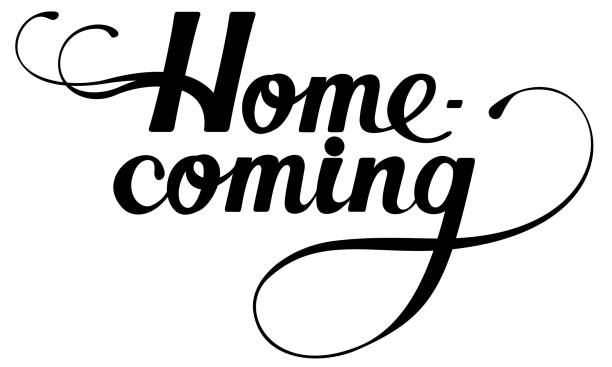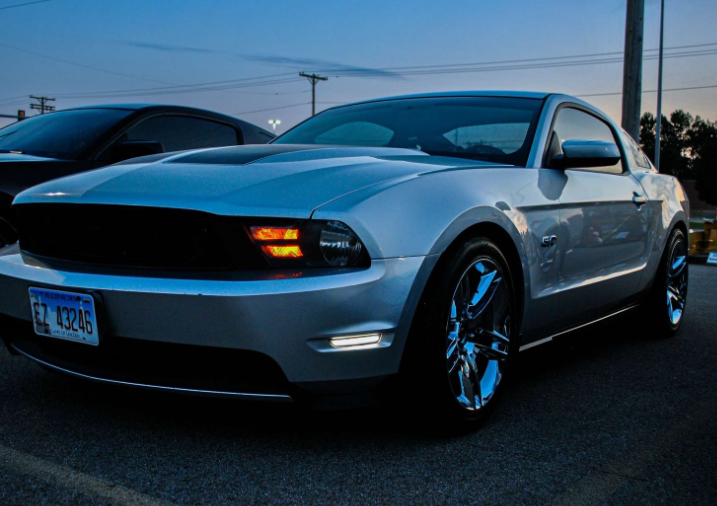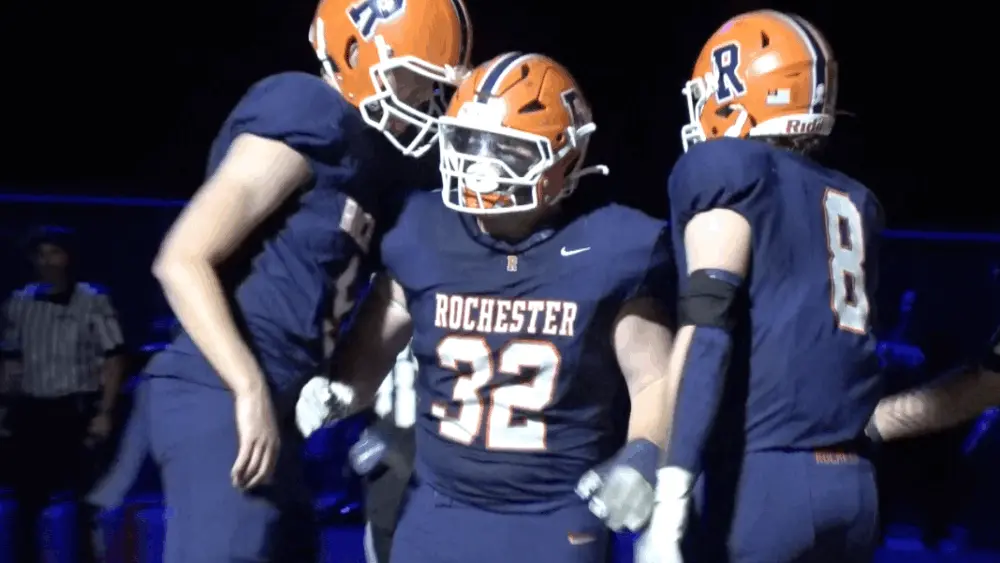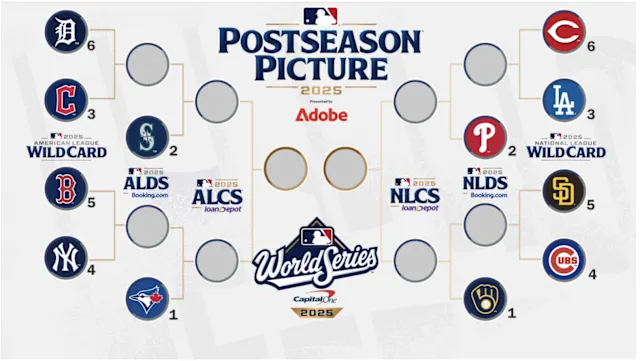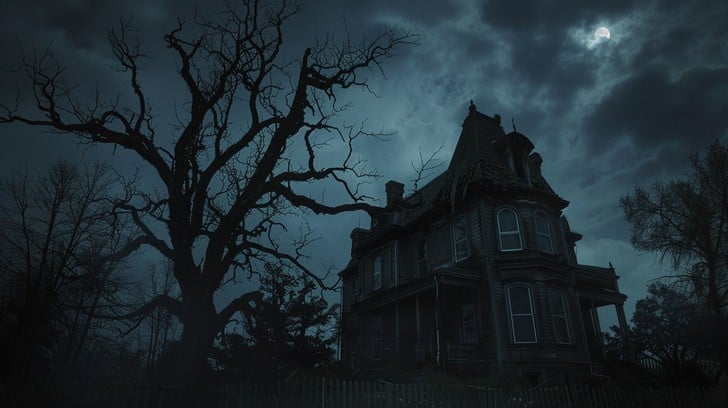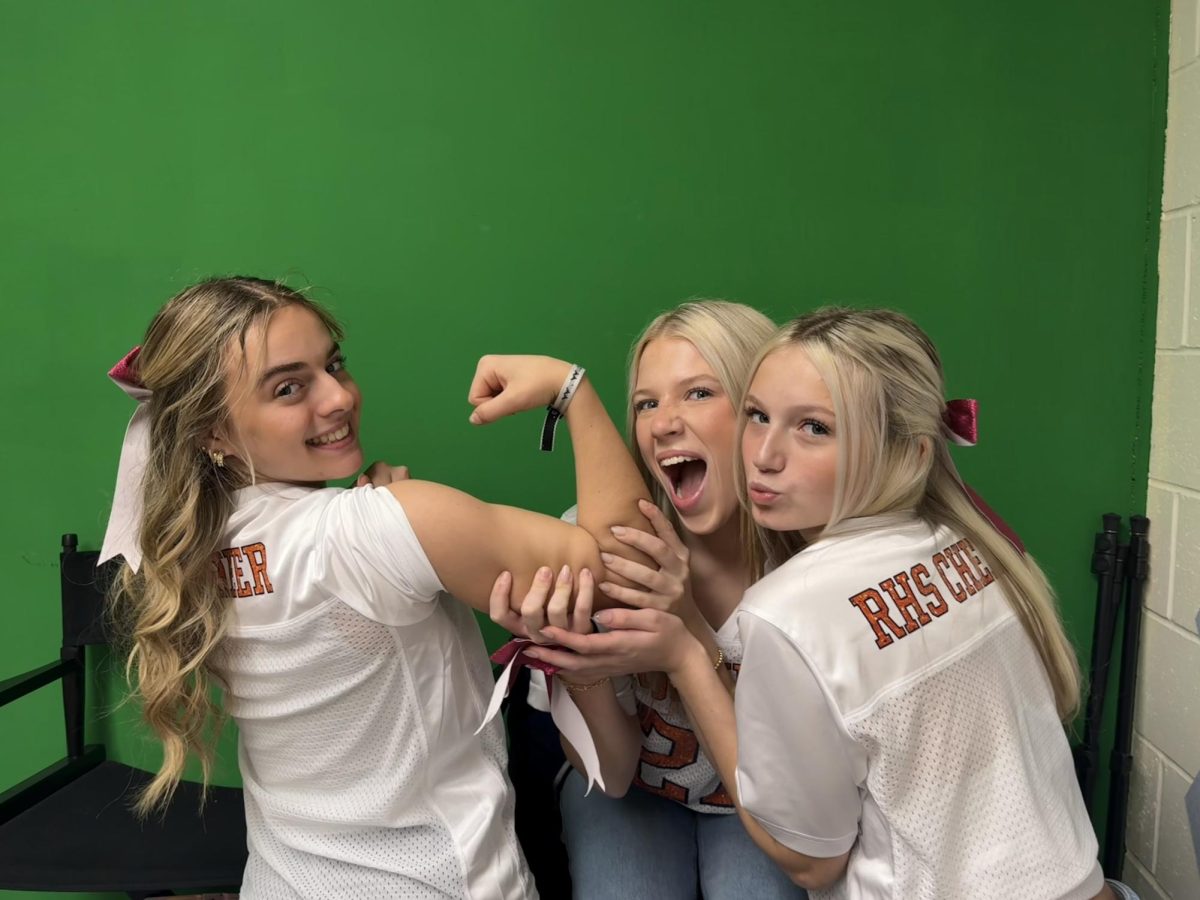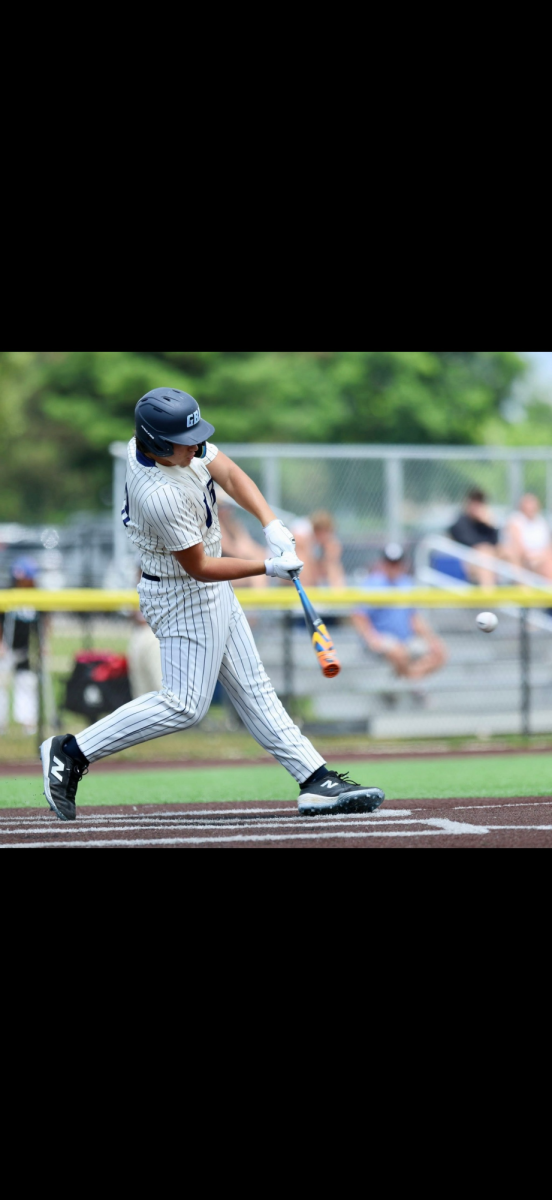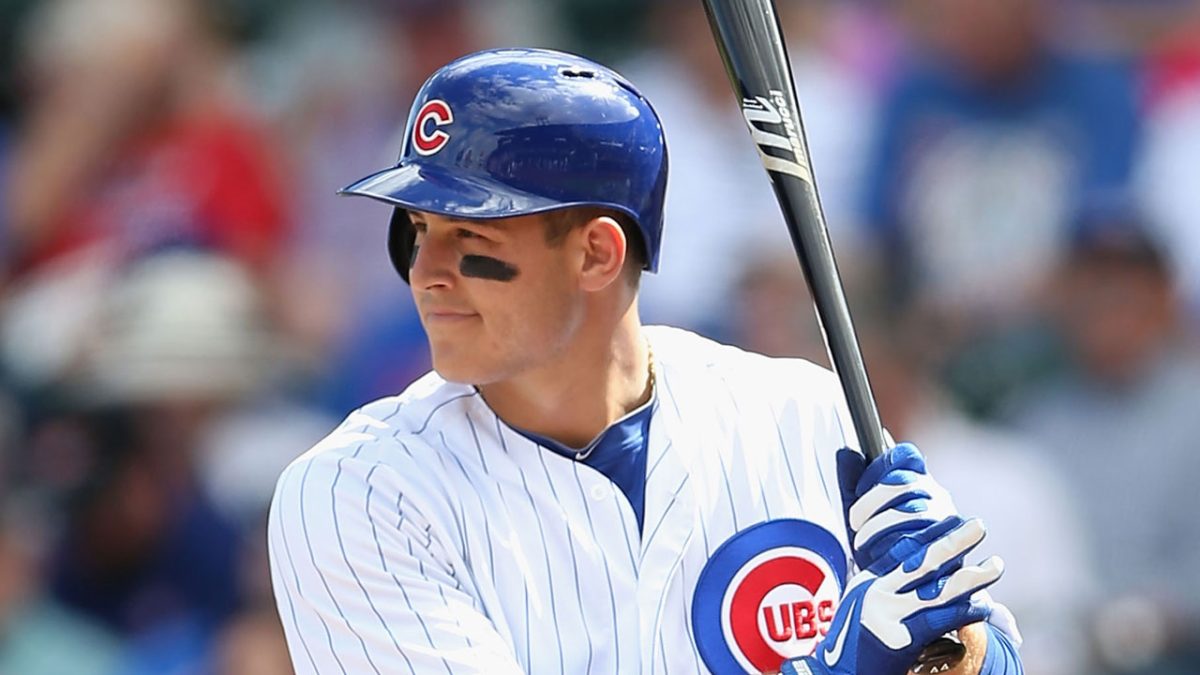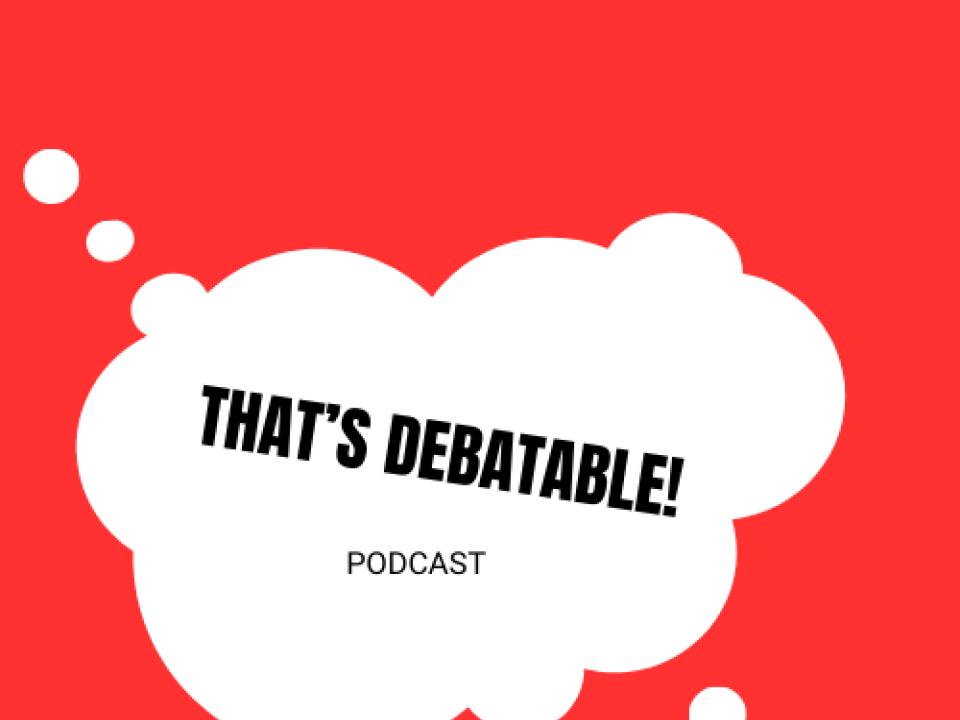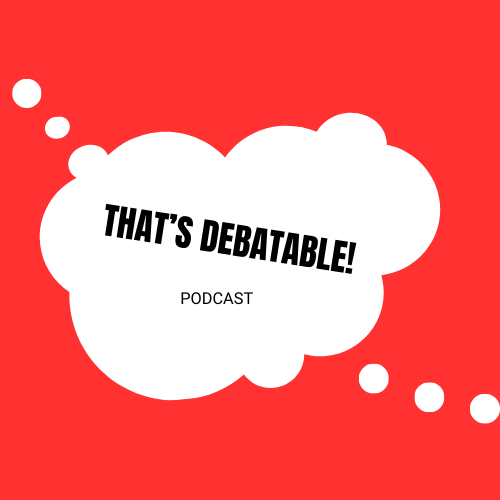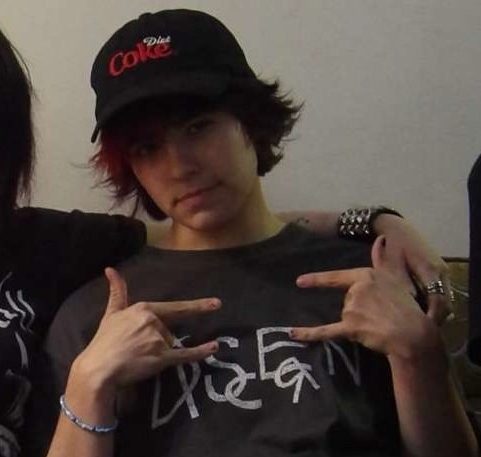Whenever a loved book gets turned into a movie, many fans rush to the theater hoping to see their favorite characters come to life. But what they often find is that the story they imagined on the page doesn’t always match what unfolds on the screen. Even though movies and books can tell the same story, they often feel completely different. The differences aren’t just about what gets left out, but they’re also about how each medium makes us experience the story.
For many readers, a book can feel personal. The words invite you into another world and let you imagine the characters, settings, and emotions for yourself. You picture the detail, the color of the sky, the way a scene feels, and even the sound of a character’s voice. A book gives you space to think and interpret things your own way.
Movies, on the other hand, are built for visuals. They can show a battle, a heartbreak, or a fantasy world in just a few seconds, things that might take pages of description in a book. But because of that, movies often simplify complex storylines, cut out subplots, or change details to fit time limits or audience appeal.
One of the most famous examples of this is Harry Potter. The movies capture the magic of Hogwarts with stunning visuals and action, but fans of the books know that dozens of scenes and characters never made it into the films. Important details like certain explanations about the wizarding world were left out entirely. The story remains recognizable. But the feeling is different.
Another example is The Hunger Games. The books dive deep into Katniss Everdeen’s thoughts, her fear, confusion, and moral struggles. In the movie, we see her actions, but we don’t hear her inner voice. This changes how audiences understand her as a character. Readers know what she’s thinking; movie watchers have to guess. “I feel like many details in a movie are very small, and if there are details from the book, it’s very small.” English Teacher Miss Cooper says, “Even to notice what the detail is, you would need to read the book.”
That’s not to say movies are worse; they just tell stories differently. A good movie adaptation doesn’t try to copy the book word-for–word. Instead, it reimagines the story for a new format. For example, Peter Jackson’s The Lord of the Rings trilogy made some big changes to J.R.R. Tolkien’s books, but most fans agree that it captured the spirit of Middle-earth. The filmmakers had to balance the massive amount of material while keeping audiences engaged for hours.
Movies also have something books can’t like soundtracks, performances, and visuals that hit instantly. Music can create emotion faster than paragraphs of description ever could. When you hear a powerful score or see a close-up of a character’s face, it connects you on a different level. “As creative as the author is in writing it, my brain isn’t that creative,” Says Ms. Bilyue. “So then, when I see it on screen, it really enhances the story for sure.”
Still, many readers feel disappointed when a film adaptation changes too much. Whenever a director alters the ending or cuts out a favorite character, it can feel like the heart of the story was lost. This happened with Percy Jackson and the Olympians, where fans of the book series criticized the movies for straying too far from Rick Riordan’s original storyline. The tone, humor, and character development just didn’t match what readers had loved.
The difference between books and movies often comes down to time and perspective. A book can take its time, it can explore a character’s backstory, describe settings in detail, or include long stretches of dialogue. A movie is limited to around two hours and has to make tough choices about what to show and what to leave out.
At the same time, movies can make stories more accessible. Not everyone enjoys reading, and for many people, the movie version is what first introduces them to a story they might later read. In that way, adaptations can spark new interest in books.
